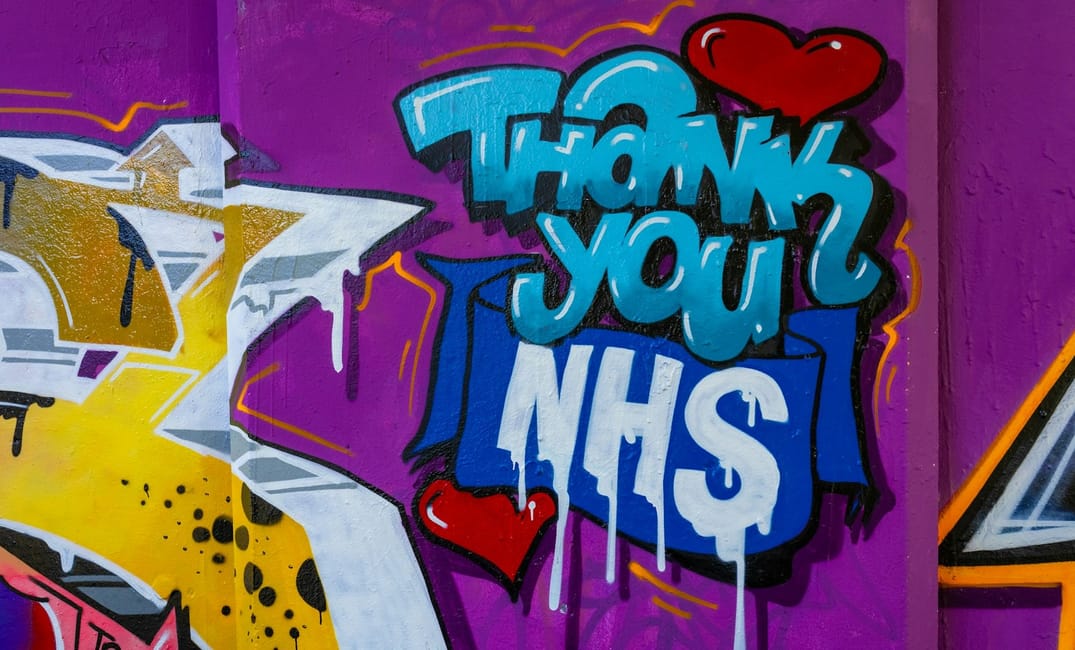The NHS has always been an iconic institution for Britain, but it seems to be crumbling before our very eyes. Having faced 10 years of austerity that brought crippling cuts, it now faces a threat to its very existence.
Clause 17, that protected our NHS (alongside other social elements) has now been voted down by MPs. So, what does this mean for the future of British healthcare?

Current NHS funding
Despite the current global pandemic, the NHS has already had to cope with 10 years of declining funds. From 9% of Britain’s GDP in 2004-2005 dropping to only 1% in 2014-2015 (the same amount of GDP spent on the NHS during Thatcher’s leadership), it has faced a rapid decrease in funding. This has resulted in the growing waiting room times, overworked employees, understaffed wards, increased strain on emergency rooms, limited beds for patients, and general decreased efficiency.
What was the new Clause 17?
New Clause 17 was an agreement implemented by Labour, that protected the NHS, public and social healthcare, patient data, and other factors. It also made sure that the NHS would be protected from control outside of the UK. In July this was voted down, 340 to 251. Those who voted against New Clause 17 were all Conservatives and one Independent.
What does this mean for the NHS?
A gradual privatisation of segments of the NHS has already occurred over time, with dentistry, paid prescriptions, and eye treatments. With it currently unprotected by Clause 17 it is now vulnerable to control by people unelected and untrusted by the public. Not including potential outside influence from the UK. Prices of medication are now vulnerable to uncontrolled prices that were regulated under Clause 17.

The ‘Special Relationship’
We have always been told about our ‘special relationship’ with America. We had been warned by Jeremy Corbyn of the threat the NHS would face under Boris Johnson’s leadership and his budding relationship with Trump.
Following the run up to the last election and Trump’s slip up that the NHS would be ‘on the table’ (https://www.businessinsider.com/donald-trump-says-nhs-must-be-on-the-table-in-brexit-trade-deal-with-uk-2019-6?r=US&IR=T) during future trade deals in a post-Brexit world between him and Boris, people were shocked and disbelieving. And now? Well, now it is looking like a real possibility that our ‘special relationship’ could mean the NHS is handed over to America in a post-Brexit trade deal.
Would that mean an introduction into Insurance based health care?
Health insurance in America is a big monthly bill. Ranging from an average of $7,954.44 in New York to $3,426.12 in Rhode Island per year for a 21 year old. These kinds of payments for young people, who already face staggering employment insecurity during normal circumstances, least not during the aftermath of a global pandemic are staggering. For everyone, health insurance could become an unwanted crux that increases financial insecurity when the NHS is a saviour for many. Can the NHS, a service so many of us rely on, be so flippantly tossed away?
How will it impact people from low-income backgrounds?
The gap between the rich and poor would only become exacerbated. The reality of people going into debt because of high medical bills will be all too real for too many people. Having the worry of paying monthly health insurance on top of pre-existing bills could become a prospect for many. This could cause untold issues in an already austerity ridden country and also lead on to mental health problems as financial insecurity puts strains on individuals and families.
***
The NHS must be protected. With its prospects seemingly becoming even more fragile due to the absence of Clause 17, action must be taken. The NHS is something to be proud of, yet we may lose it. The already most vulnerable people in our society will only suffer with increased bureaucracy of the service and possible influence of outside powers. The New Clause 17 bill being voted down has made our NHS exposed and vulnerable.

